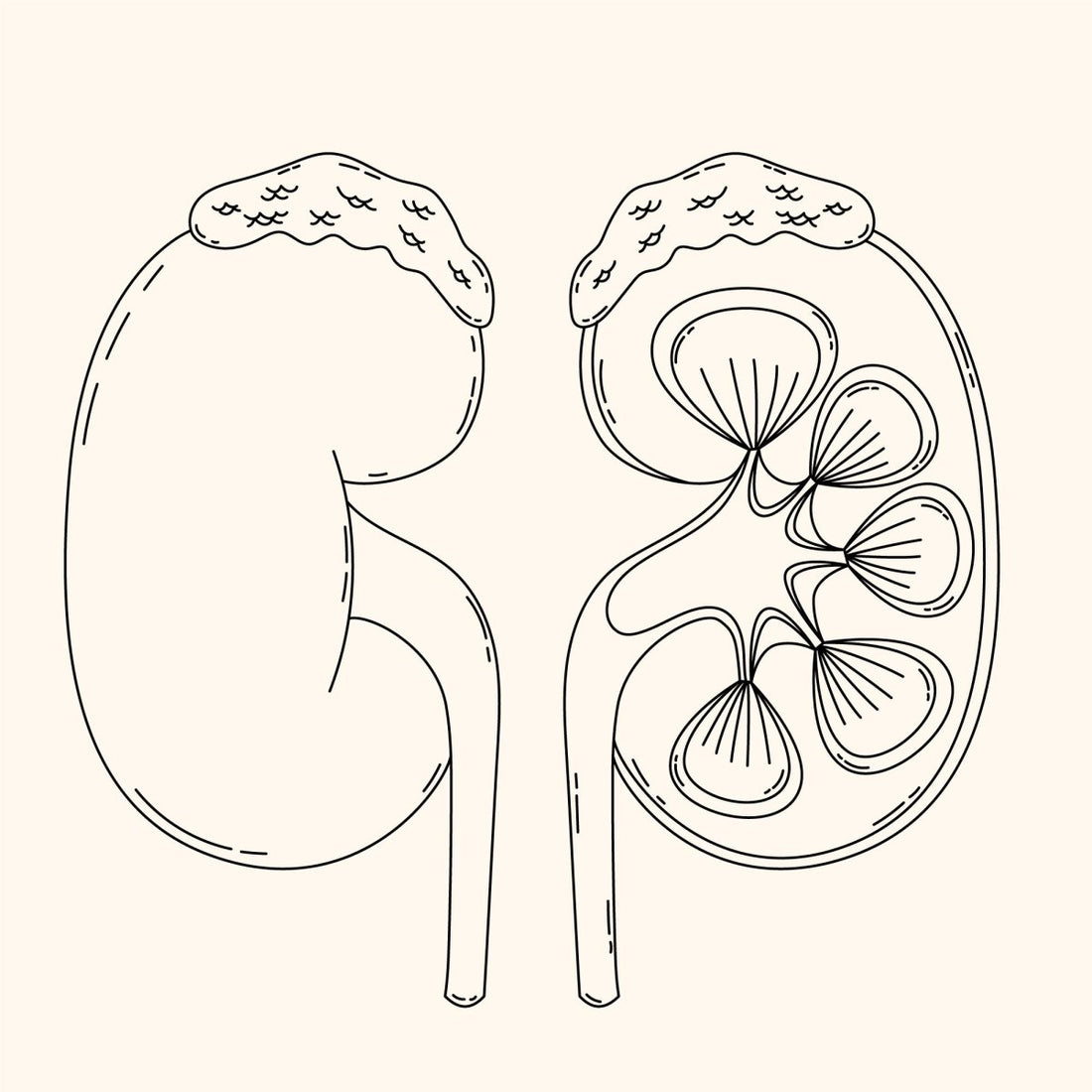How to Protect Your Kidneys? Kidney Health Guide
 Written By
Yusela Aquino
Written By
Yusela Aquino

What is good for kidney health? The three staples of health – regular exercise, a good diet, and sufficient sleep – should cover the basics. To manage your kidneys’ health more extensively, however, you need to be aware of other risk factors and take necessary steps to minimize your risk of kidney disease. Some of these include age, family history of diseases, excessive smoking, or painkiller use, to name a few. For enhanced protection, consume foods for kidney health, don’t smoke, and remain mindful of any congenital factors that could affect you. On top of that, regular kidney health tests and screenings will help catch early signs of potentially problematic complications. For a full breakdown of managing kidney health, we invite you to read on.
What Impacts Your Kidney Health?
Your kidneys are one of the more important organs that help keep your body in good standing. Some functions performed by the kidneys are:
- Blood filtration
- Regulating electrolyte levels
- Excreting waste
- Regulating blood pressure
- Hormone production
Keeping your kidneys in good health is therefore vital to ensure longevity and optimal bodily function.
What Is Good for Kidney Health – 7 Things to Consider

Of course, any discussion about improving health starts by mentioning the three pillars: regular exercise, a healthy diet, and a sufficient amount of restful sleep.
While these habits alone certainly form a good foundation for anybody seeking to improve their overall health and kidneys, going beyond these basics might help keep kidneys in optimal shape for longer.
So, what is good for kidney health? Below is a list of our suggestions:
Find Out About Your Risk Factors
Many people will have an inherent propensity to potential kidney problems at some point in their lives. Some of these risk factors include:
- Being over 60
- Being born with a low weight
- Family history of kidney problems
- Obesity
- Heart disease
- Diabetes
- High blood pressure
Recognize Symptoms Early

The earlier you investigate any suspicious change in your bodily functions, the better and more effective the intervention. Some symptoms to look out for including an increased need to urinate, dry and itchy skin, swollen feet and ankles, unexplained fatigue, blood in the urine, or high protein content in urine.
See Related: Revolutionizing Kidney Health: The Impact of At-Home Kidney Tests
Consume Foods for Kidney Health
In addition to following a healthy diet, you can add extra nutritional help to boost your kidneys’ condition and improve overall kidney health. Some foods for kidney health to add to your diet are:
- Cauliflower
- Various kinds of berries (particularly blueberries and cranberries)
- Red grapes
- Red bell peppers
- Fish
- Olive oil
- Cabbage
-
Maintain Hydration
Your kidneys don’t just purify the fluids in your body; they’re also responsible for regulating how much of it exits your system and under what circumstances. Remaining in a prolonged state of dehydration negatively affects an enormous number of bodily functions, making hydration extremely important. Men should aim to drink around 16 cups (3.79 l) of water a day, and women – around 12.
Avoid Smoking

Smoking can be linked to a number of adverse effects on the body. While the one most commonly talked about concerns lung health, it turns out prolonged use can greatly influence one’s kidney health as well. Frequent smoking contributes to an overall decrease in blood flow, including to the kidneys, which inhibits their function and increases the likelihood of kidney disease.
Limit OTC Painkillers
Nonsteroidal anti-inflammatory drugs, or NSAIDs for short, often see use in relieving pain or combatting benign illnesses, such as the common cold. This category of medication includes mainstays that you’re surely familiar with, including ibuprofen, aspirin, or naproxen.
Prolonged use of these painkillers, when unsupervised, could negatively impact kidney function, as these medications inhibit enzymes present in the kidneys. Due to this association, some research suggests that “this group of agents should be used cautiously, for [as short a] duration as it is possible.”
Test Kidney Function

Implementing all of the above preventative steps is bound to have a positive effect on your kidney health. However, some things just cannot be predicted or avoided due to the multitude of factors and processes that take place in the body without our awareness.
The best way to counteract that and not be taken by surprise is to perform regular health check-ups. Kidney function tests, such as blood panels and urine analysis, can help detect issues early, ensuring timely intervention and treatment.
The Takeaway
So, to summarize, what is good for kidney health? A combination of prevention, awareness, and beneficial habits while limiting harmful ones can promote healthier kidney function in the long term. All that notwithstanding, running basic tests periodically will also help screen for any emerging defects in kidney function, which the healthcare provider can then alleviate through more guided and informed treatment if necessary.
Related Resources
- What Causes UTIs? Most Common Causes & Bacteria
- What to Know About a Urine pH Test? What Is Normal Urine pH
- Protein in Urine
References
Drożdżal S., et al. Kidney damage from nonsteroidal anti-inflammatory drugs-Myth or truth? Review of selected literature. Pharmacol Res Perspect. 2021 Aug;9(4):e00817. doi: 10.1002/prp2.817.

Yusela is a medical student with a degree in Biology and a strong foundation in health communication. With experience in both research and clinical settings, she writes clear, evidence-informed content to help patients and caregivers better understand liver health, chronic disease, and transplant care.


